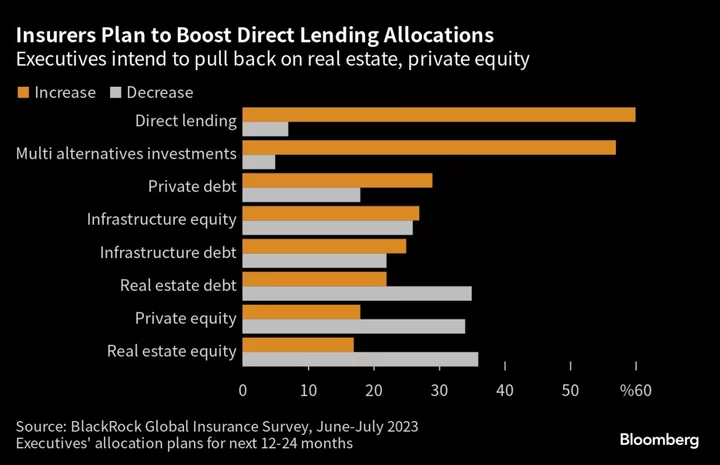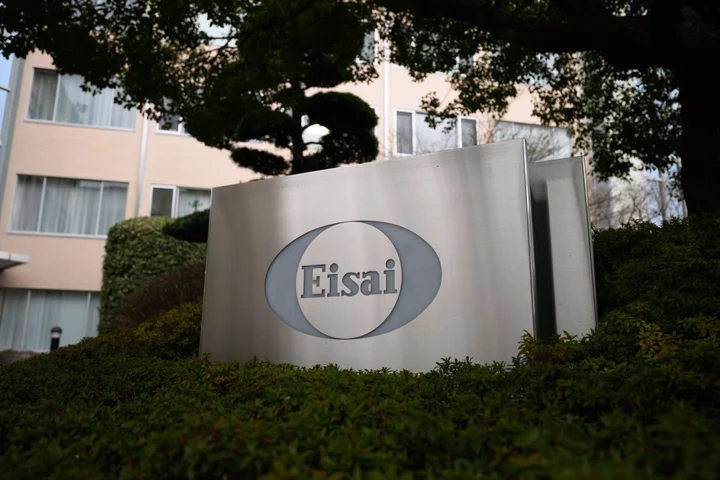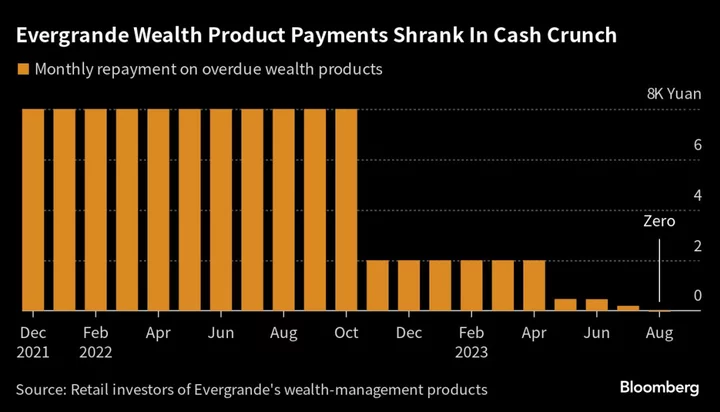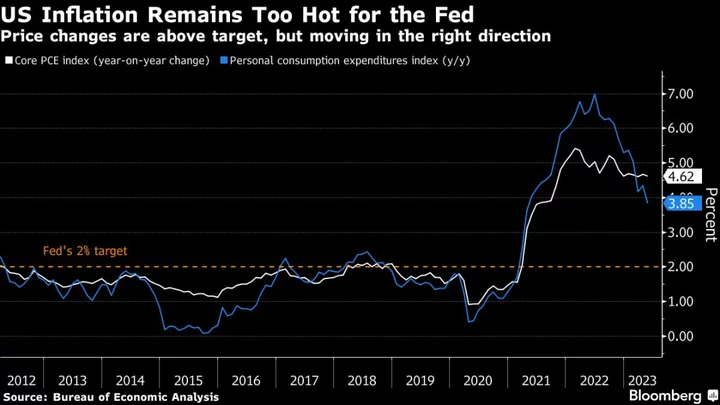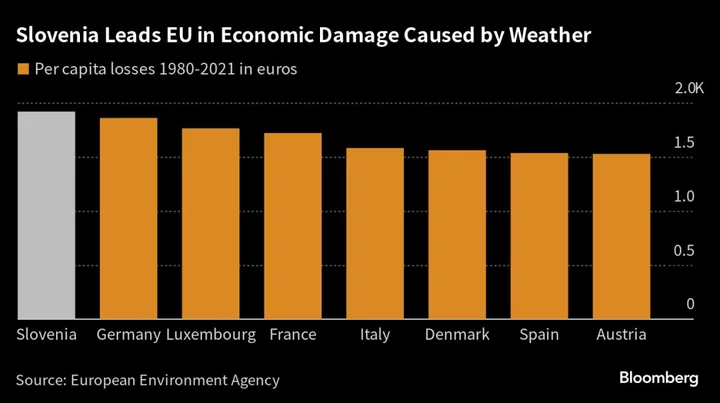BlackRock Inc. said insurance executives overseeing $29 trillion plan to pour more money into private debt and credit strategies while cutting back on private equity and real estate.
Of 378 senior insurance executives surveyed by BlackRock, 89% said they plan to invest more in private markets during the next two years, according to a report set for publication Wednesday. Within private assets, they expressed the most enthusiasm for direct lending, with 60% of those surveyed planning to boost allocations.
Meanwhile, 34% said they’ll pull back on private equity. A similar percentage of executives said they’ll trim bets on real estate equity and debt.
“Insurers still want to increase their allocations to private markets — they still broadly feel like they are under-allocated,” Mark Erickson, global head of BlackRock’s financial institutions group, said in a phone interview. But given market volatility and disruptions in private equity and real estate, he added, “There is some greater selectivity.”
Institutional investors have been navigating higher interest rates since March of last year. The resulting rout in stocks and bonds as well as some markdowns and lower distributions on private equity assets have spurred investors to prioritize flexibility when allocating assets.
“In the world before 2022, where every bond was in an unrealized-gain position, you could rotate whenever you saw the opportunity,” Erickson said. “Now that you are sitting on unrealized losses, now you don’t have the freedom to do that.”
Still, the ability to get yields of 5% or more on government and corporate bonds hasn’t dampened interest in private assets, according to BlackRock, which manages more than $550 billion of general insurance account assets.
Read More: Fund Giants Muscle in on the $11.5 Trillion Private Credit Party
Insurers are particularly eager to boost holdings in the highest-quality investment-grade private debt and asset-backed strategies as well as to direct lending to small- and medium-size businesses.
BlackRock, the world’s biggest money manager, increasingly seeks to position itself as a one-stop shop for investors offering equity, bond and money-market funds as well as alternative assets.
The company reorganized its alternatives unit this year to create more specialized teams, including for private credit, and acquired Kreos Capital, a London-based private debt manager, to capitalize on the expected growth in the assets.

